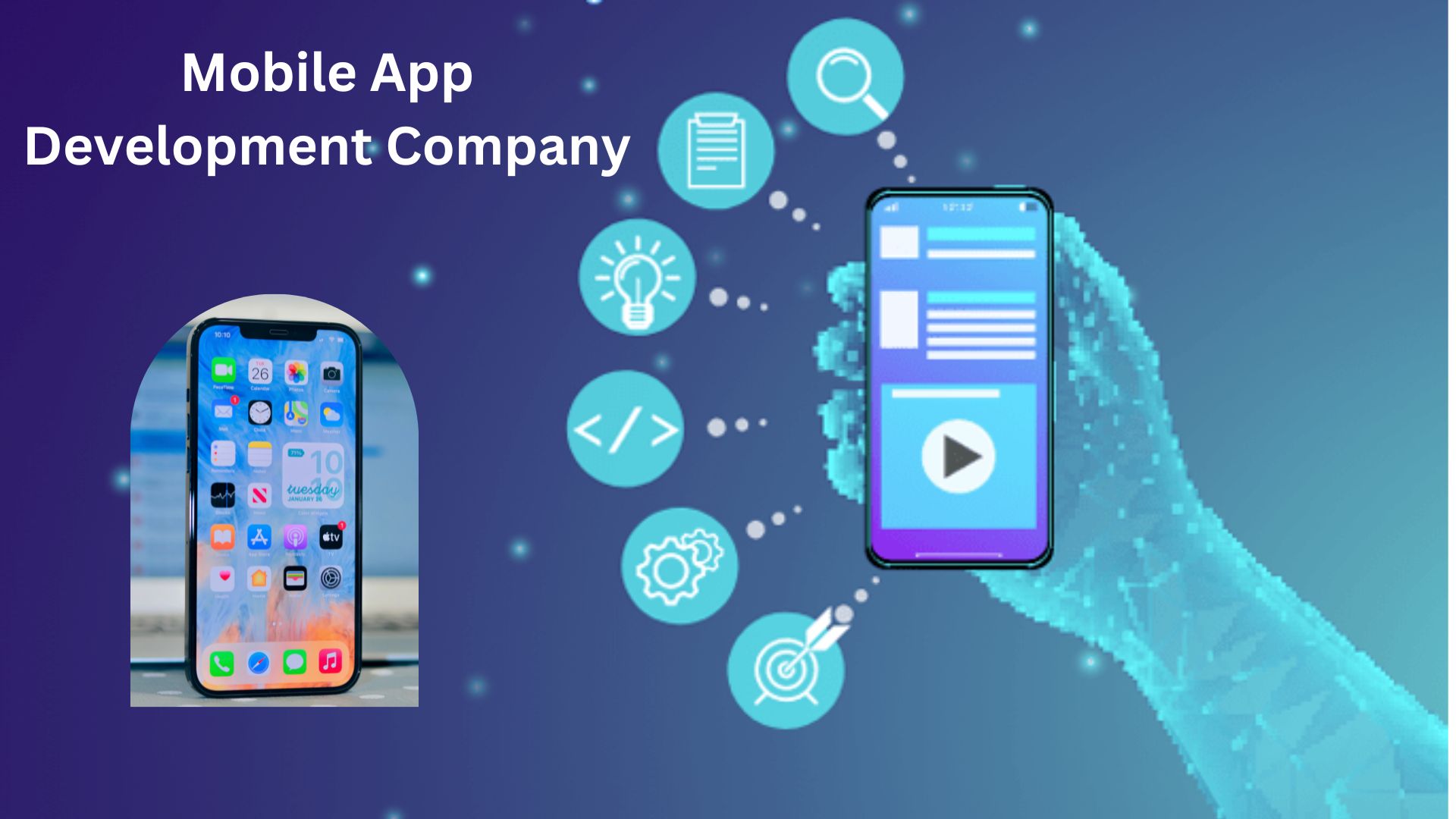Artificial intelligence (AI) has transformed how we live, work, and interact with the environment. With rapid technical breakthroughs, incorporating AI-powered functionality into mobile apps has gotten more straightforward. Artificial intelligence-powered mobile apps have the potential to provide more personalized, efficient, and compelling user experiences. AI software development may be applied in various ways to improve app functioning and provide additional value to users, including chatbots, voice assistants, image recognition, and predictive analysis. In this post, we will look at how to identify the best technology for integrating AI into mobile apps and go over the procedures required for developing AI-powered mobile apps.
What are AI-powered mobile apps?
AI-powered mobile apps are those that use artificial intelligence (AI) technology to accomplish various tasks and provide unique features. These apps examine massive datasets with algorithms and machine learning models to learn from user interactions, allowing them to tailor experiences, automate mundane chores, and increase productivity. AI-powered mobile applications may also include intelligent suggestions, voice recognition, and natural language processing features to assist customers in engaging with their devices in a more natural and intuitive manner. Apps like virtual assistants, speech-to-text converters, image recognition, and predictive analytics use AI.
How do you develop an AI-powered mobile app?
Selecting the appropriate AI technology for your mobile app
The success of an AI-powered mobile app is dependent on choosing the right AI technology throughout the design phase. Here are some important aspects to consider while choosing an AI technology:
- Functionality: Select AI technology that compliments the features of your app. Computer vision technology is the best solution if your app needs to recognize images.
- Ease of Integration: Select an AI technology that is simple to integrate with your mobile app, reducing the complexities of AI integration and allowing you to quickly incorporate the benefits of AI into your application, such as integrating AI technology into the app without requiring extensive coding expertise, such as pre-built AI libraries.
- Accuracy: Use AI technologies to ensure that the app performs well and provides a good user experience. Accuracy is critical in apps that rely heavily on AI, such as virtual assistants and language translation tools.
- Scalability: Consider the technology’s capacity to scale. The AI technology must be able to handle the additional strain without impacting performance as the software grows and its user base grows.
- Cost: When considering the costs of AI infrastructure, data storage, and maintenance, cloud-based solutions may be more cost-effective.
Google TensorFlow, Apple Core ML, and Microsoft Cognitive Services are among the most popular AI tools for developing mobile apps. The app’s demands and aims will eventually determine the optimal AI technology for your mobile app. The success of developing an AI-powered mobile app depends on the criteria described above and having the correct goal in mind.
Data Collection and Preprocessing
Data collection and preparation are critical phases in developing AI-powered mobile applications. These processes entail acquiring pertinent information and preparing it for analysis by an AI algorithm. The quality of the obtained data considerably impacts the AI algorithm’s accuracy and efficiency. This ensures that the data is thorough, accurate, and reflects the intended population. Preprocessing is the process of organizing, cleaning, and modifying data before it is fed into an AI system. This includes removing noise, dealing with missing data, and converting data into a format that the algorithm can effectively analyze. Developers may use AI to create sophisticated mobile apps that provide personalized experiences and increase productivity by carefully gathering and preparing data.
Creating and integrating AI models into mobile apps.
Creating and integrating AI models into mobile apps necessitates knowledge of both development and AI technology. This includes selecting an appropriate AI model based on the functionality and specifications of the mobile app, training the model with relevant data, and incorporating the model into the app’s design. It’s critical to ensure that the AI model is accurate, efficient, scalable, and adaptable to changing user and data behavior. When integrating the AI model with the app, it is critical to consider both user experience and design regulations. Developing and integrating efficient AI models can enhance mobile app functionality and the user experience, providing users with unique and targeted experiences.
Improving user experience through AI-powered features
To improve the user experience using AI-powered features, developers must understand the user’s needs and change the app’s functions accordingly. This includes using AI algorithms to assess user information and preferences, creating targeted suggestions and alerts, and offering user-friendly capabilities such as voice recognition and natural language processing. Developers may also leverage AI-powered technologies like augmented reality and computer vision to enable new functions and immersive experiences. To create a compelling and intuitive user experience, these AI-powered features must be seamlessly incorporated into the app’s user interface and design. Developers may create mobile apps that provide personalized, easy-to-use, and engaging experiences, raising customer satisfaction and user retention.
Testing and optimizing AI-powered mobile apps.
Testing and optimizing AI-powered mobile apps is an important part of mobile app development. It entails extensively testing the software for any faults or errors that could cause it to fail. Developers must also ensure that the program is optimized for accuracy, performance, and speed. This approach typically involves implementing numerous testing methodologies, such as unit testing, integration testing, and acceptance testing. These technologies enable engineers to identify issues and optimize software performance. This enables the AI-powered mobile app to run effectively and provide a seamless user experience. Finally, proper testing and optimization are critical for all AI applications.
Once the testing step is complete and the resulting vulnerabilities have been resolved, deploy the app and provide ongoing maintenance services to ensure its performance and security.
Future potential and success of developing AI-powered mobile apps.
The future prospects for AI-powered mobile apps look intriguing. As technology advances, artificial intelligence will become more incorporated into our daily lives, with mobile devices at the vanguard of this revolution. AI-enabled mobile apps have the potential to transform how we interact with our devices and the world around us. Successful AI-powered mobile apps will provide tailored and intuitive experiences that fit the needs of their users. Using the power of AI, developers may design efficient, user-friendly apps that learn and adapt to the user’s preferences over time. With the growing need for mobile apps and AI’s improving capabilities, there is a big opportunity for success in developing AI-powered mobile apps for sale.
Conclusion
Creating mobile apps with AI requires both technical expertise and creativity. AI-powered mobile app developers must understand AI technology and its various applications. They must also be able to seamlessly integrate AI into the app while ensuring that it meets the user’s needs. Developers may create effective AI-powered mobile apps that provide users with a tailored and straightforward experience by doing adequate planning, testing, and optimization. As demand for AI-powered mobile apps grows, developers who understand this technology will be well-positioned for success in the future.



